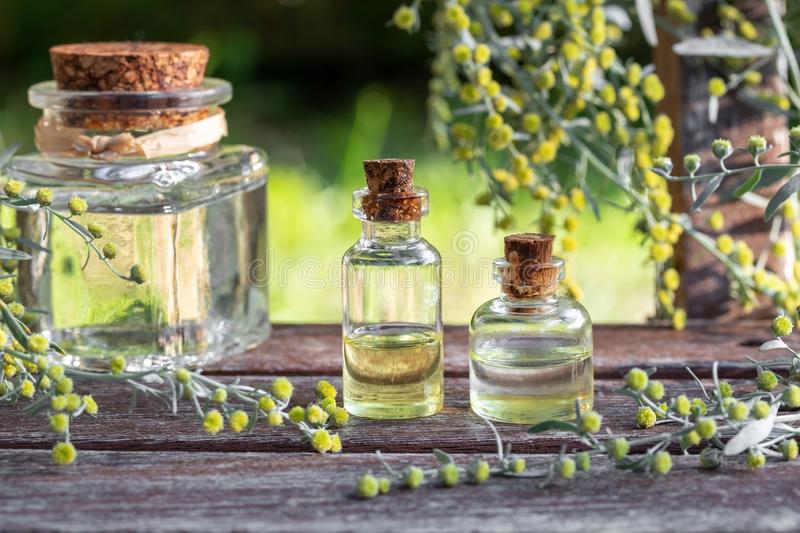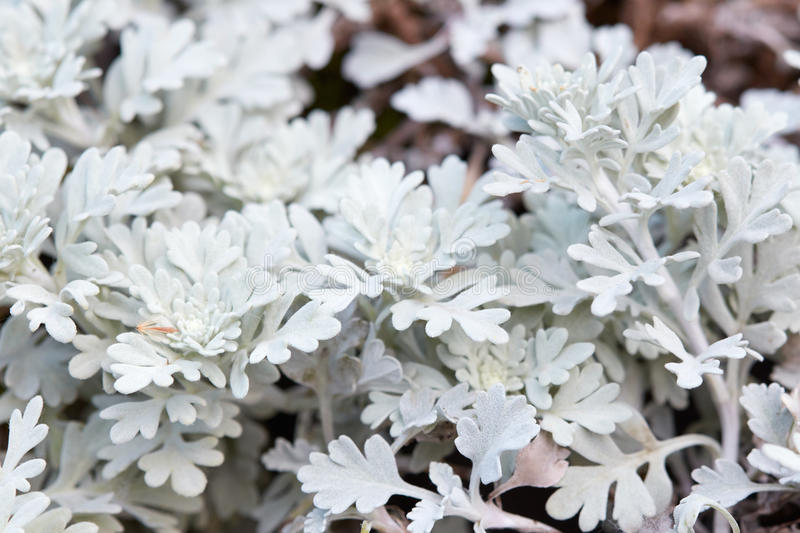
Silver foliage is the real strength of this small shrub, which has been grown since ancient times. It is useful as a hedge, as it requires no watering and pruning, and has the added benefit of insect-repelling foliage.
Wormwood seeds $4 per 10 seeds.Add $4 pack/post to your order OZ
What you need to know about wormwood
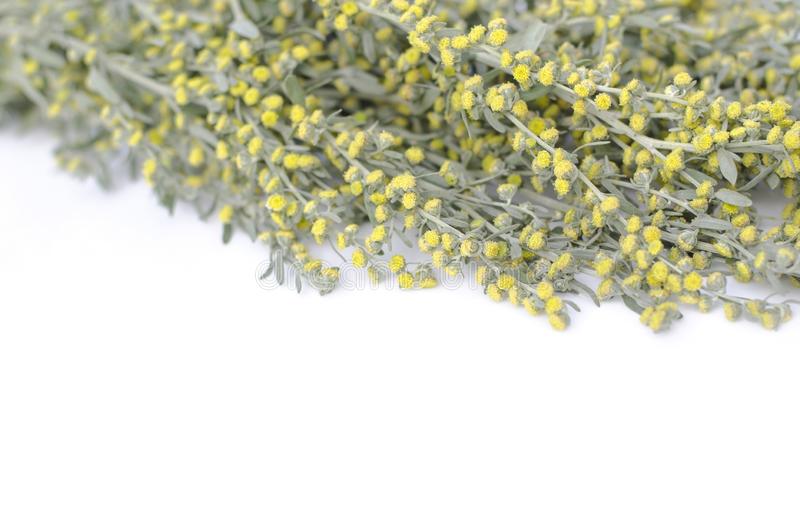
Name: wormwood (Artemisia absinthium)
Height: 1m, with a similar spread
Foliage: evergreen, silver and finely dissected
Climate: succeeds in arid/semi-arid, cold temperate, warm temperate and sub-tropical regions, and will tolerate frosts.
Soil: sill tolerate most soils, but heavier ones should have good drainage.
Position: full sun.
Flowering: small yellow flowers in summer.
Feeding: not required.
Watering: dry tolerant. Young plants require watering as they establish. Established plants rarely need watering, except in extremely long dry periods.
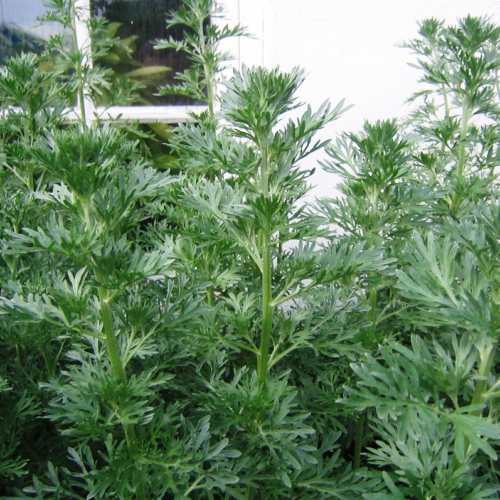
Appearance and characteristics of wormwood
Wormwood has fine, much-divided leaves that are so silver they almost look white. The growth is shrub-like and made up of many upright growing stems. It naturally holds its shape, which is why it is sometimes used as a hedge. The flowers occur in summer and are small, yellow and not very showy.
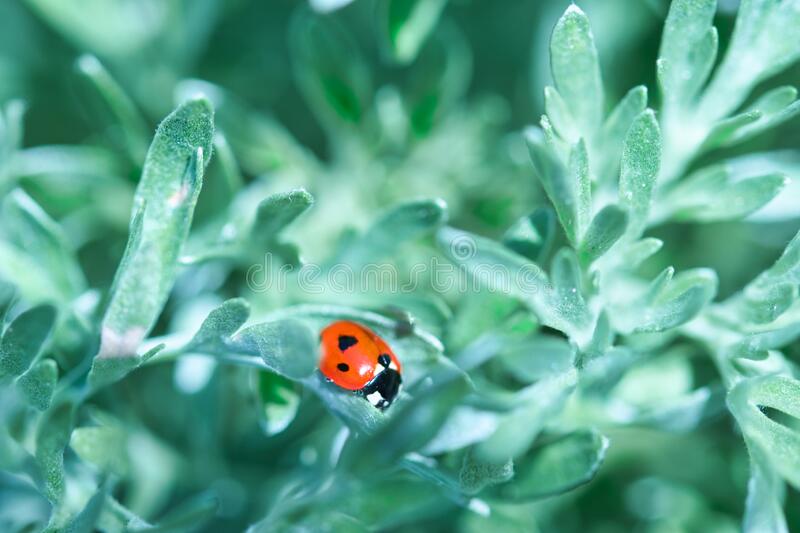
Uses for wormwood
Wormwood is most often used as an informal—that is, unclipped—hedge, especially in hotter and drier districts.
The silvery foliage makes a great backdrop to other garden plants, especially ones with darker or wine-coloured foliage.
The foliage gives off a pungent scent that is said to have insect-repelling properties.
The artemisia absinthium species of wormwood is used to make absinthe, and is also used to flavour other wines, beers and spirits. It also has medicinal properties, and is sometimes used in teas.
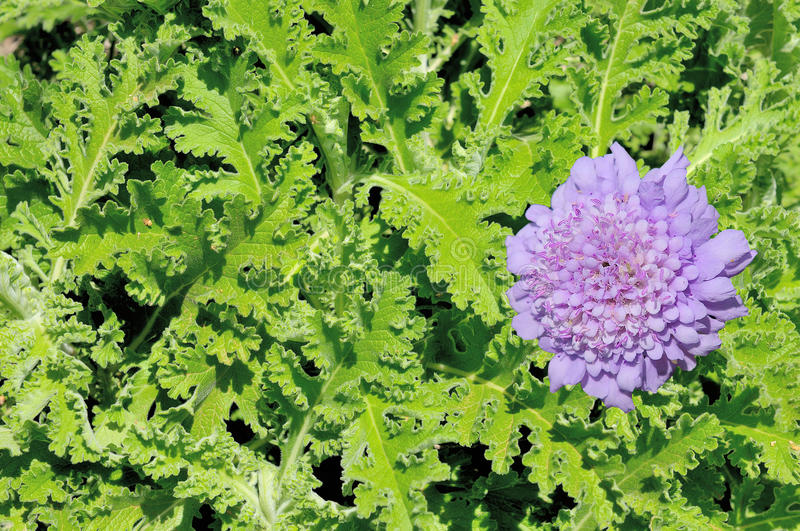
How to plant and grow wormwood
You can plant wormwood in any sunny spot on just about any type of soil, provided it doesn’t stay wet for long periods. In heavier soils you might want to grow it in a raised garden bed to ensure good drainage.
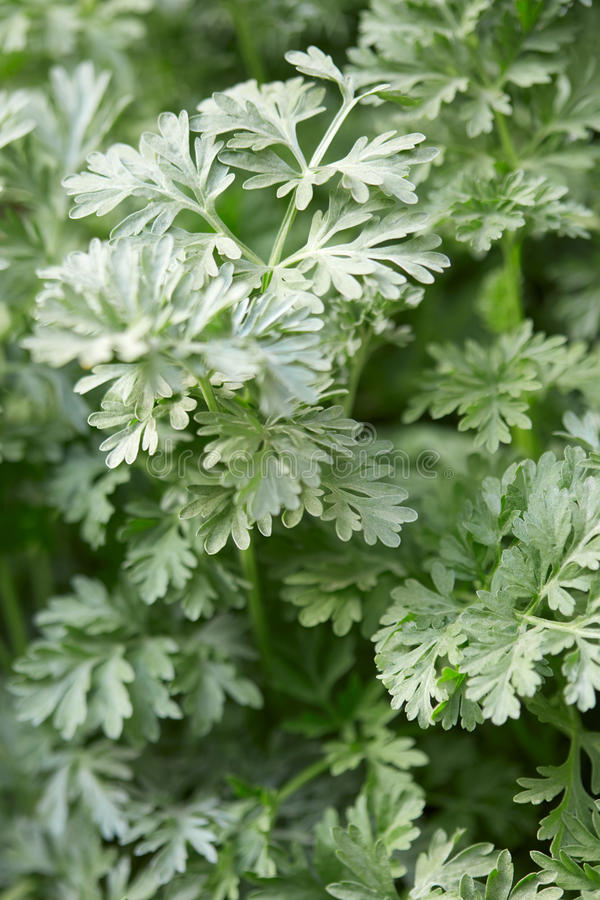
How and when to prune wormwood
The plant can be given a light all-over trim with hedge shears or hedge trimmers in late summer to remove the dead flower heads and promote fresh growth. Older plants that need renewal can be cut back hard—almost to the ground—to produce new silvery foliage. Do this in mid-spring.
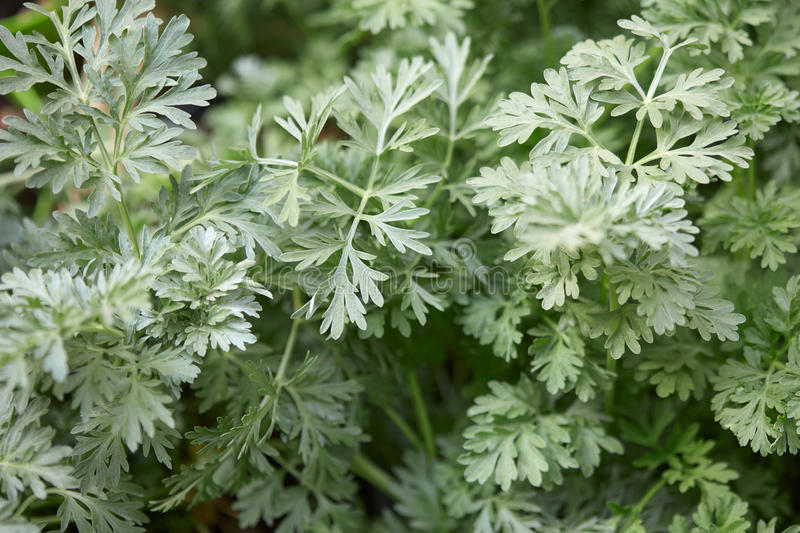
Common diseases and pests affecting wormwood
Wormwood has very few problems, although it can look less than its best if the ground stays wet for long periods. It is very rarely troubled by insect pests due to its insect-repelling oils.
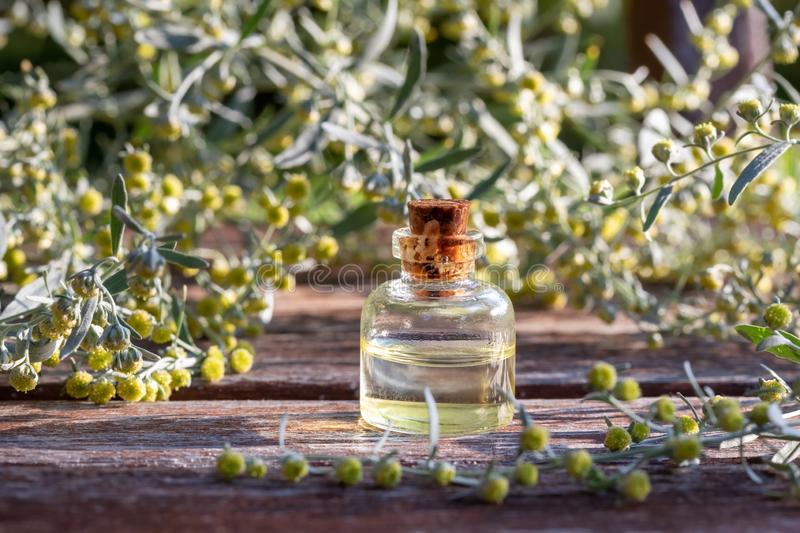
How to propagate wormwood
Take 10–15cm-long cuttings of unflowered new growth in summer. Strip off the bottom half of the leaves, dip the end into a rooting hormone and place the cuttings into a pot of propagating sand. Rooted cuttings will be ready to plant out in about six months.
If you look at the base of an established old wormwood plant, sometimes you will find a shoot coming up from the ground that has already started to produce roots. You can gently break this away from the mother plant and pot it up into potting mix. Prune so that the shoot is about 10cm long.
Wormwood – A super plant that kills parasites and fights cancer
What do Edgar Degas, Vincent van Gogh and Pablo Picasso have in common besides their amazing painting abilities? These three artists shared a love for absinthe, an alcoholic beverage made from wormwood, anise and fennel. Absinthe is currently banned in the United States and many other countries, but is still available in Europe. You may have heard of wormwood because of its inclusion in this famous European drink, but did you know that it also has the potential to help with many general and serious health problems?
It’s true. Wormwood is actually used to eliminate intestinal worms, especially roundworms and enterobiosis. That is why it is recommended as a therapy for cleaning parasites. How powerful is wormwood? It owes its benefits to the fact that it is the source of a key ingredient herbal medicine artemisinin , which is the most powerful anti-malarial drug on the market.
And that’s not all. Scientific research also shows that wormwood can kill cancer cells. It can also be used to treat anorexia, insomnia, anemia, lack of appetite, bloating, abdominal pain, jaundice and digestive problems.
Wormwood as a plant is used in alcoholic beverages, and on the other hand, wormwood is even mentioned in the Bible. The least we can say is that it is a really intriguing plant, but does this plant really kill parasites and cancer? Research says that the positive and healing effects of wormwood appear every day.
Of course, there is a good reason for caution when it comes to wormwood products (as well as absinthe), but once you learn about thujone, you will see why not all wormwood products are produced equally. What to look out for and what you need to know – how to get a full dose of wormwood information.
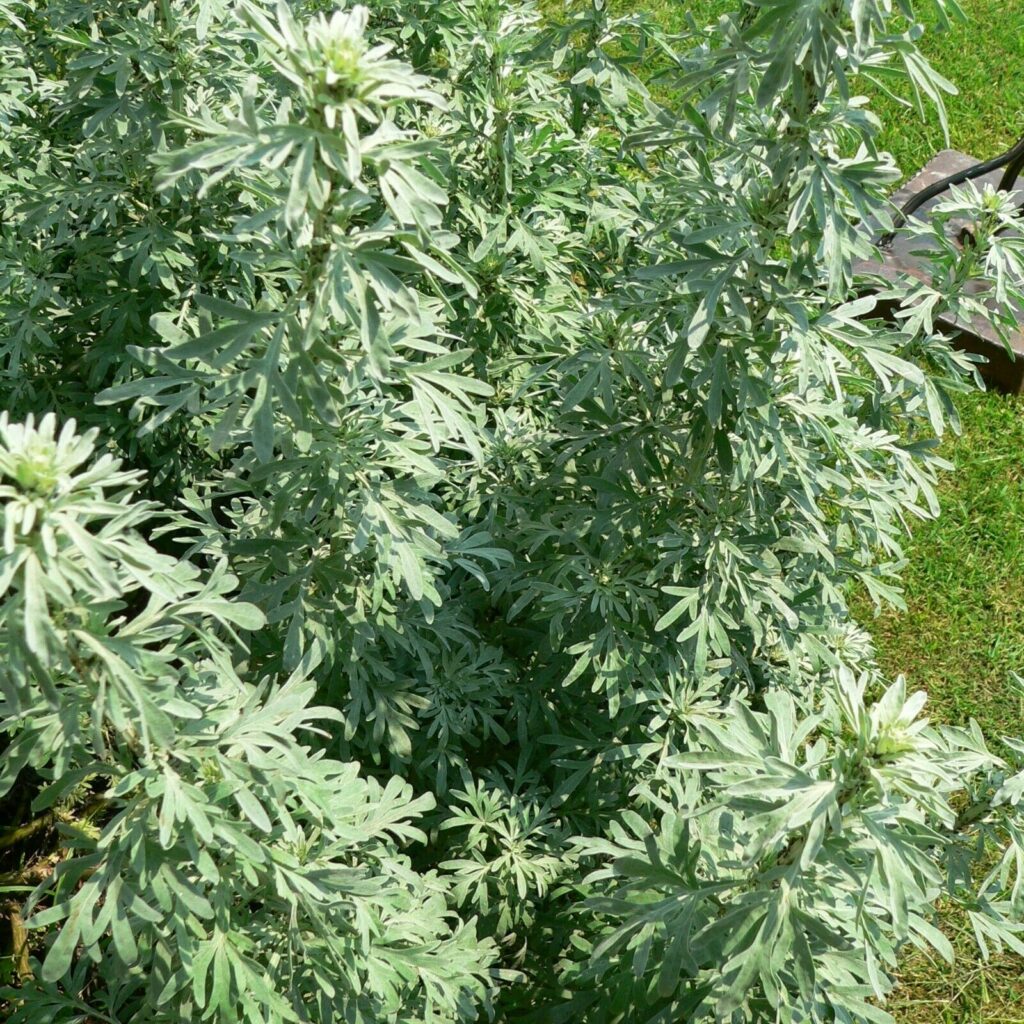
Six benefits of wormwood
1. Treatment of malaria
Malaria is a serious disease caused by a parasite that is transmitted by the bite of infected mosquitoes and attacks by red blood cells. Artemisinin is an extract isolated from the plant Artemisia annua, or sweet wormwood . Artemisinin is an herbal medicine that is considered to be the most powerful anti-malarial medicine on the market. It is known to quickly reduce the number of parasites in the blood of patients infected with malaria. The World Health Organization recommends artemisinin-based combination therapy for uncomplicated P. falciparum malaria.
Recent experiments have shown that artemisinin acts against the malaria parasite because it reacts with high levels of iron in the parasite to produce free radicals. Free radicals then destroy the cell walls of malaria parasites.
2. It kills cancer cells
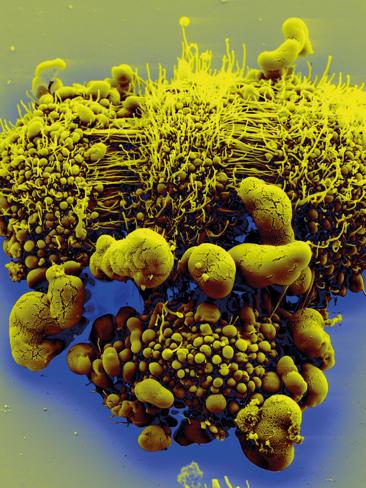
According to the latest research, artemisinin can kill iron-rich breast cancer cells similar to the way it kills malaria-causing parasites, making it a potential natural cure for cancer in women with breast cancer. Cancer cells can also be rich in iron, because they usually absorb it to facilitate cell division. The researchers are in a 2012 study. years tested cell samples infected with breast cancer and normal breast cells that were first treated to maximize their iron content. The cells were then treated with water with a dissolved form of artemisinin, wormwood extract.
The results were quite impressive. Normal cells showed little change, but within 16 hours almost all cancer cells were dead and only a few normal cells were killed. Bioengineer Henry Lay believes that the reason is that breast cancer cells contain 5 to 15 times more receptors than normal, they absorb iron more easily and are therefore more susceptible to the attack of artemisinin.
3. Get rid of parasites
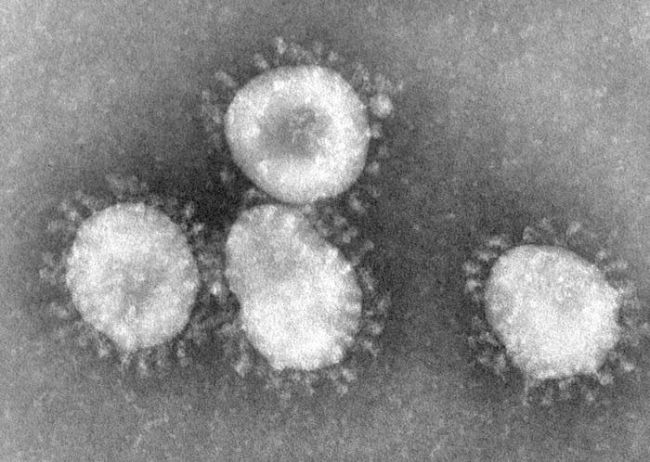
Wormwood is used to eliminate intestinal worms, especially roundworms and enterobiosis. Enterobiosis is the most common worm infection in the United States, with worm eggs spreading directly from person to person. Roundworms or roundworms are parasites that can also infect the human gut. Enterobiosis can cause extreme itching in the anal region, while roundworms can cause coughing, shortness of breath, abdominal pain, nausea and diarrhea, blood in the stool, weight loss, or the presence of worms when vomiting or in the stool.
Parasites are never a good thing, but fortunately they can be treated with natural remedies. Wormwood (Artemisia absinthium), black walnut (Juglans nigra) and cloves (Syzygium aromaticum) are commonly used together to kill a parasitic infection. It is believed that when these three plants are taken at the same time, together they can interrupt the life cycle of the parasite.
4. Treatment of Crohn’s disease

In Germany, a randomized study examined the effectiveness of an herbal mixture containing wormwood at a dose of 500 milligrams three times a day compared to placebo for 10 weeks in 40 patients with Crohn’s disease who were already on a constant daily dose of the drug. This initial stable dose of the drug was maintained until 2. weeks, after which a defined replacement schedule was started, so that at the beginning of the tenth week the patients were without medication.
The researchers found that there was a significant improvement in the symptoms of Crohn’s disease in 18 patients (90 percent) who received wormwood despite a reduction in medication. After eight weeks of wormwood treatment, in this group, 13 patients (65 percent) developed almost complete remission of symptoms compared to none in the placebo group. This remission lasted until the end of the observation period, which was 20 weeks (12 weeks later), and no medication was required.
The results were really impressive and indicate that wormwood can reduce or eliminate the need for medication in patients with Crohn’s disease. In addition, the results show that wormwood has positive effects on mood and quality of life, which is not achieved by other standard drugs for chronic disease.
5. Wormwood contains antimicrobial and antifungal properties
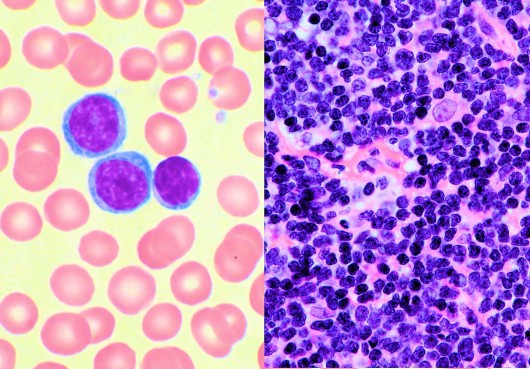
In vitro studies have shown that wormwood essential oils have antimicrobial activity. A study published in the Journal of Agricultural and Food Chemistry showed that wormwood oil shows a wide range of antimicrobial activities against several bacterial species, including E. coli and salmonella. Salmonella is estimated to cause 1 million cases of food poisoning each year in the United States alone, with 19,000 hospitalizations and 380 deaths. E. coli is another type of bacterium that can cause a range of problems, from diarrhea and urinary tract infections to pneumonia and other diseases.
Wormwood not only kills bacteria, but has also been shown to kill fungi. Essential oil distilled from the aerial parts of Artemisia absinthium inhibited the growth of a very wide range of tested fungi (11 to be precise). Wormwood essential oil also showed antioxidant properties during testing.
Another study published in Planta Medica showed that A. absinthium oil inhibited the growth of Candida albicans. This is the most common type of infection that can be found in the mouth, intestines or vagina, and can affect the skin and mucous membranes. Candida albicans can cause all kinds of common but also extremely unwanted symptoms of candida.
6. Treats SIBO (increase in the number of bacteria in the stomach)
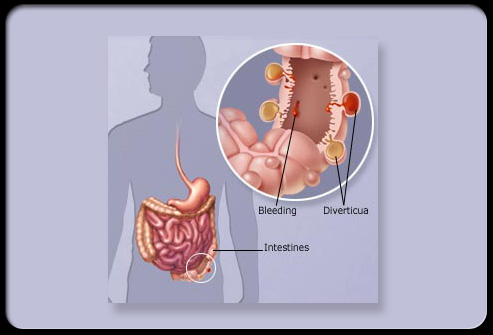
Many people turn to natural and alternative treatments when it comes to gastrointestinal problems and for good reason. Research shows that herbal remedies, such as wormwood, are very good at fighting harmful bacteria that attack the gut or the symptoms of SIBO.
Typical treatment SIBO is limited to oral antibiotics with varying degrees of efficacy. Survey conducted in 2014 included 104 new SIBO patients who were tested by taking a high dose of rifaximin or herbal therapy daily for four weeks. Herbal products were specially selected because they contained antimicrobial herbal agents such as wormwood, oregano oil, thyme extract and berberine, which have been shown to provide a wide range of effects against the different types of bacteria most commonly included in SIBO.
Of the patients who received herbal therapy, 46 percent showed no evidence of SIBO on subsequent tests compared with 34 percent of rifaximin users. Side effects reported among those taking rifaximin include anaphylaxis, hives, diarrhea, and pseudomembranous colitis, while in the group receiving herbal therapy, only one case of diarrhea was reported and no other side effects.
The study concluded that herbal therapies are at least as effective as rifaximin in treating SIBO. In addition, herbal wormwood therapy appears to be as effective as triple antibiotic therapy for individuals who do not respond to rifaximin.
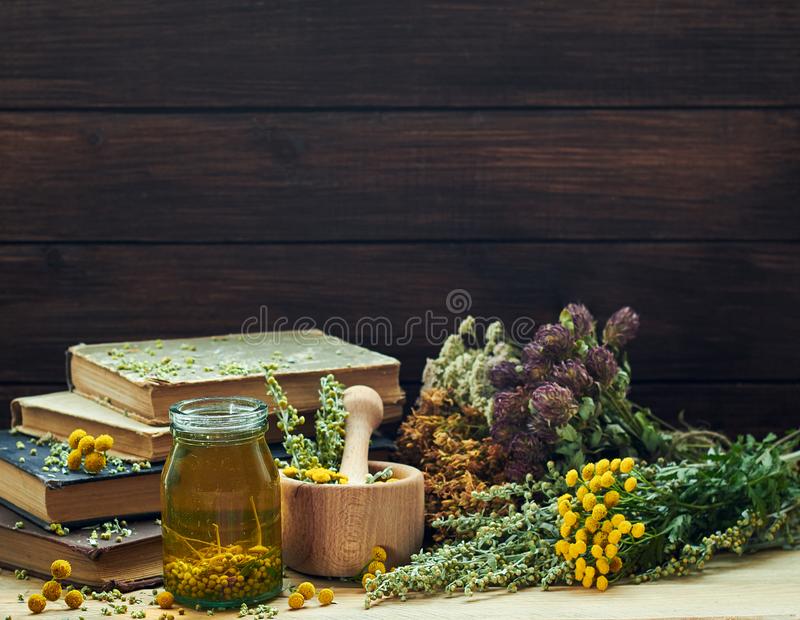
The origin of the wormwood plant and its chemical composition
What exactly is wormwood? Artemisia absinthium is a fragrant, perennial plant belonging to the family Asteraceae or Compositae, better known as the daisy family. This plant releases an aromatic scent and has a strong bitter taste. Many species of the artemisia family tend to have healing properties. By this we mean Artemisia vulgaris, or wild wormwood, another medicinal plant.
Wormwood originates from Europe, parts of Africa and Asia. Today, it is also present in the United States, most often along roads or trails. Also called shrub wormwood, Artemisia absinthium is a plant that usually grows to a height of 30 cm to one meter. It has gray-green or white stems covered with fine hairs and yellowish-green leaves that are hairy and soft. The leaves of the plant have glands that contain resin particles in which the natural insecticide is stored.
Sweet wormwood (Artemisia annua) is a common species of wormwood that can be found in some parts of Asia with a temperate climate but is also found in parts of North America.
Sweet Pelin can be used fresh or dried. All airy parts of the plant (stem, leaves and flower) have medicinal uses. The essential oil is extracted from the leaves and flower tops by steam distillation. One study of the essential oil of Artemisia absinthium plant showed that it contains at least 28 components that represent 93.3 percent of the oil. The main components are β-pinene (23.8 percent) and β-thujone (18.6 percent).
Thujone is a potentially poisonous chemical found in wormwood. The distillate of this plant in alcohol increases the concentration of thujone, and that is exactly what makes absinthe a drink that causes controversy.
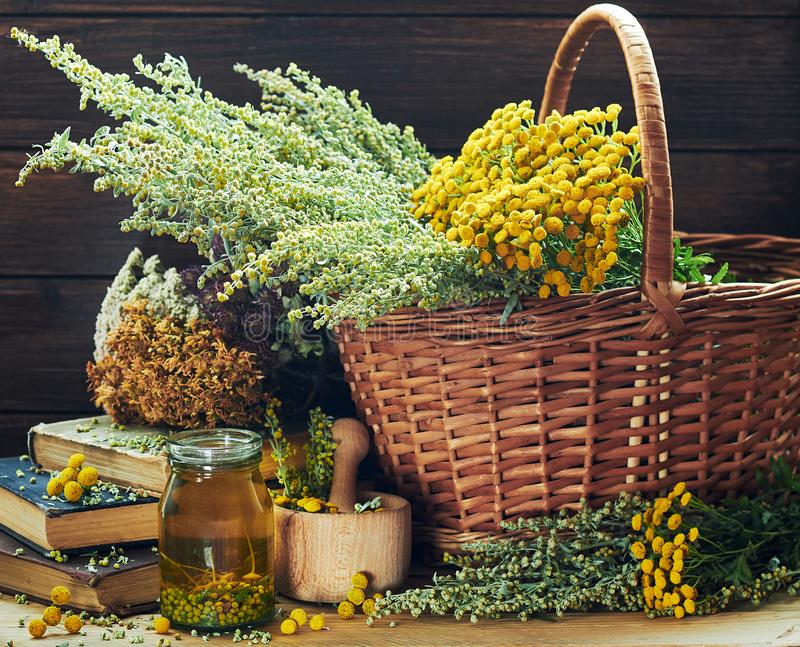
Among the biologically active components of wormwood are:
Acetylenes (trans-dehydromatricar esters, C13 and C14 trans-spiroketalenol ether and others)
Ascorbic acid (vitamin C)
Azulenes (hamazulenes, dihydrohamazulenes, bisabolenes, camphene, katinen, sabinene, trans-sabinyl acetate, phellandrene, pinene and others)
Carotenoids
Flavonoids (quercetin 3-glucoside, quercetin 3-rhamnoglucoside, spinacetin 3-glucoside, spinacetin 3-rhamnoglucoside and others)
lignine (diayangambin and epiyangambin)
Phenolic acids (p-hydroxyphenylacetic, p-coumaric, chlorogenic, protocatechuic, vanillic, syringic acid and others)
Tannins
thujones and isotujons
Sesquiterpene lactones (absinthe, artabsin, anabsintin, artemetin, artemisinin, arabsin, artabin, artabsinolides, artemolin, matricin, isoabsintin, and others).
Wormwood history and interesting facts
OOO

The name wormwood comes from the ancient use of the plant and its extracts as an anthelmintic, an antiparasitic drug that expels parasitic worms and other internal parasites from the body.
In ancient Egyptian times, it was a commonly used medicinal plant, especially for pain in anal region but also as an addition to wine. It was later used in European folk medicine to induce childbirth. The plant, as a part of strong tea, is traditionally used in Europe, but also as a bitter drink to stabilize the condition in the stomach and to prevent constipation.
For Absinthe, a favorite alcoholic beverage in France in the 19th. century, is said to be addictive and associated with a number of serious side effects known as absinthe or irreversible damage to the central nervous system.
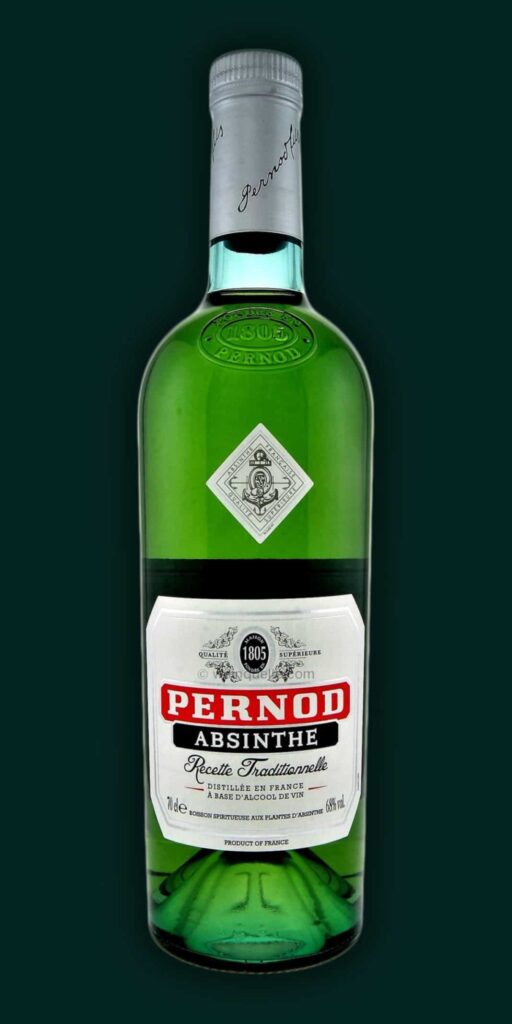
Absinthe became popular thanks to some of the most famous writers and artists, including Ernest Hemingway, Henri d’Oullouse-Lautrec, Eduard Manet, Edgar Degas, Vincent van Gogh, Pablo Picasso and Oscar Wilde. Manic depressive painter Vincent van Gogh was addicted to absinthe, and some say that his constant intoxication with this drink led to the creation of a large number of paintings in which green or yellowish shades predominate (thanks to the hallucinatory effects of thujone) – and that wormwood actually increased his epilepsy.

Absinthe is an alcoholic drink with the taste of anise, and among its ingredients are flowers and leaves of wormwood, anise and fennel. This drink is banned in the United States, as well as in many other countries. However, in some countries of the European Union, this drink is not banned as long as the thujone content is less than 35 milligrams per kilogram.
Thujone is a potentially poisonous chemical found in wormwood. Alcoholic distillation of wormwood increases the concentration of thujone. Wormwood extract without thujone is used as an aroma in alcoholic beverages such as vermouth.
Wormwood or the chemical components derived from it have been described in many novels, plays and other art forms, from Dracula to Romeo and Juliet.
There are also several biblical references to this plant. The word “wormwood” appears several times in the Old Testament, translated from the Hebrew term la’anah (meaning “curse” in Arabic and Hebrew). It is also mentioned in the New Testament in the Book of Revelation: “ Tto say the angel blows his trumpet: and, from heaven, one huge star falls, burning everything like one tooth. It fell on a third of the rivers and on the springs of water. Her name is: Wormwood. A third of the water became wormwood water, and many people died because of the water that had become bitter. ”(Revelation 8: 10-11).
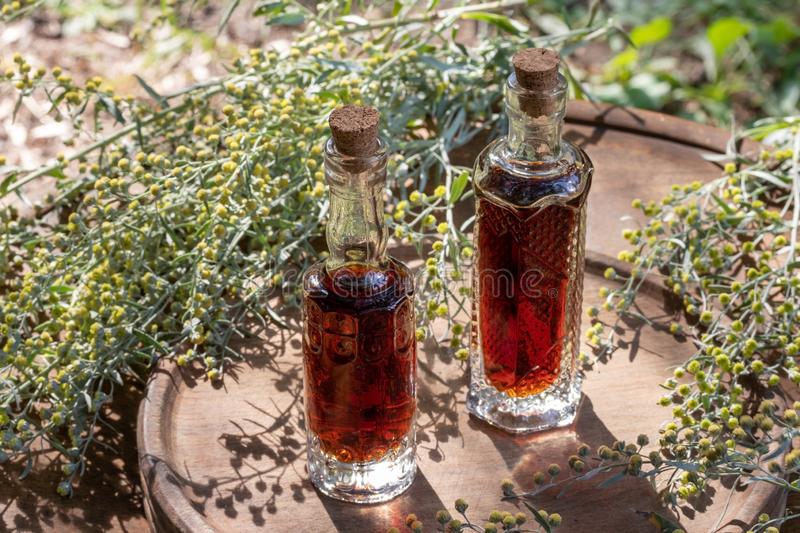
Recipes for using wormwood
Wormwood is commercially available in health food stores and online stores in the form of essential oil, as well as in the form of capsules, tablets, tinctures and liquid extracts. It can also be used fresh or dried for various drinks or tea.
It is best used in dry form, which contains little, almost no thujone. To make a drink or tea from wormwood, take half to one teaspoon of dried or fresh wormwood and put it in a glass of hot water for 5 to 15 minutes. It is important not to use more than one teaspoon of leaves as the taste is strong and bitter. Prolonged keeping in water will make the tea stronger but also bitter. Wormwood should be taken unsweetened to have a better effect, and you can alleviate the bitterness by adding dried peppermint or anise.
Wormwood tea can be especially helpful for digestion, especially before heavy meals that can cause bloating. The preparations are usually available in liquid form and a strong bitter taste is an important component of its therapeutic effect on stomach diseases. It can also be taken occasionally as an energy drink.
For intestinal problems such as worms or parasites, it is best to take wormwood powder in pill form.
You can also use wormwood and other botanical products as part of homemade bitter drinks that have excellent digestive aid.
Wormwood should only be taken under the supervision of a professional. It should always be taken in small doses, according to the instructions and no longer than four weeks in a row.
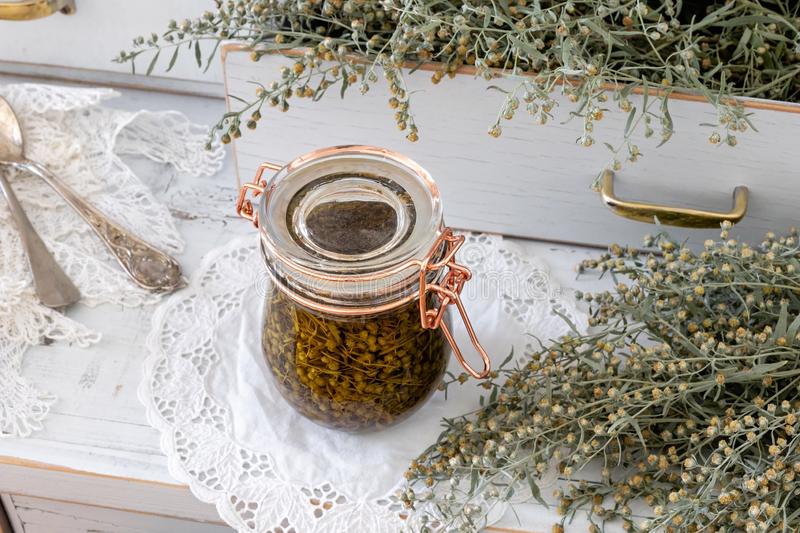
Potential side effects of wormwood, allergies and interactions
Wormwood is not a plant for long-term use. It is not allowed to exceed the recommended doses because excessive intake of wormwood can be very toxic. It is recommended to be taken in dry form, which contains little, almost no, volatile thujone oil.
The US Food and Drug Administration states that wormwood is not safe to use due to the toxicity of thujone oil. However, it is considered safe when taken orally in the amounts most commonly found in foods and beverages, including bitter drinks and vermouth, as long as these products are thujone-free. Using wormwood for more than four weeks or in higher than recommended doses can lead to nausea, vomiting, restlessness, insomnia, dizziness, shivering and seizures.
Wormwood products that contain thujone, such as absinthe, can be unsafe when taken by mouth. The effects of absinthe / thujone may include restlessness, difficulty sleeping, nightmares, seizures, dizziness, tremors, muscle disorders, kidney failure, vomiting, stomach cramps, urinary retention, thirst, numbness of the arms and legs, paralysis and death.
Do not take this herb in any form if you are pregnant or breastfeeding. There are documented evidence that this herb causes miscarriage and causes more extensive menstrual bleeding.
If you are allergic to ragweed and other plants from the Asteraceae / Compositae family, then wormwood can cause an allergic reaction.
If you have porphyria (a group of disorders caused by the production of natural chemicals that produce porphyrin in the body), then you must know that thujone is present in wormwood oil and can increase the production of chemicals in the body called porphyrins, which can worsen the patient’s condition.
If you have epilepsy or any other seizure disorder, talk to your doctor before using this herb. Thujone in wormwood causes attacks, especially in people who have a tendency to do so.
Wormwood is not recommended for people with kidney problems. The oil can lead to kidney failure. If you have kidney problems, do not take this herb before talking to your chosen doctor.
The use of essential oil in aromatherapy is not recommended, because it contains an extremely high amount of thujone, which is a convulsant and neurotoxin.
Be careful and talk to your doctor before mixing wormwood with any anticonvulsant, a drug used to prevent seizures. Because these drugs and wormwood can affect brain chemicals, this plant can reduce the effectiveness of anticonvulsants.
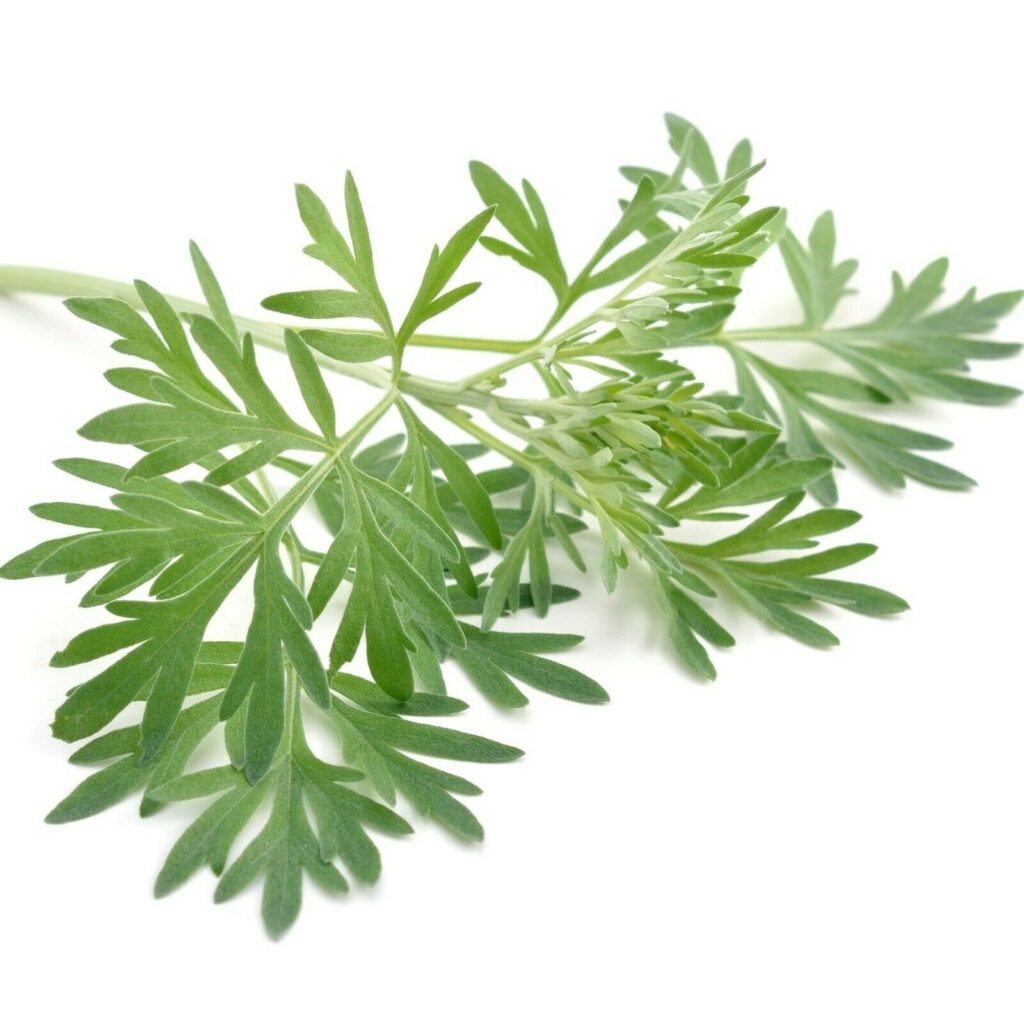
Final information about wormwood
Absinthe is an herbal drink made from wormwood, anise and fennel, but that is not all that wormwood is good for. It is used to remove various parasites in the intestines and is a source of a key ingredient for herbal artemisinin, which is the most powerful malaria drug available on the market.
It has also been proven to kill cancer cells and treat anorexia, insomnia, anemia, lack of appetite, bloating, abdominal pain, jaundice and digestion.
In particular, it has been proven that this plant cures malaria, kills breast cancer cells, releases parasites, cures Crohn’s disease, has antimicrobial and antifungal properties and is successful in reducing the growth of bacteria.
Wormwood is commercially available in health food stores and online stores in the form of essential oil, as well as in the form of capsules, tablets, tinctures and liquid extracts. It can also be used in fresh or dried form for a drink or tea.
Wormwood should only be taken under the supervision of a professional. It must always be taken in small doses according to the instructions and for no longer than four consecutive weeks.
You have a health problem. Contact a professional team of nutritionists with 10 years of experience. Special methods of restoring energy to the seriously ill, improving the mood, enzyme therapies, cleansing the body, nutritional protocols for the elderly, counseling people with cancer, cleansing the body of HPV viruses, regulating the diet, recommendations of preparations and herbs.
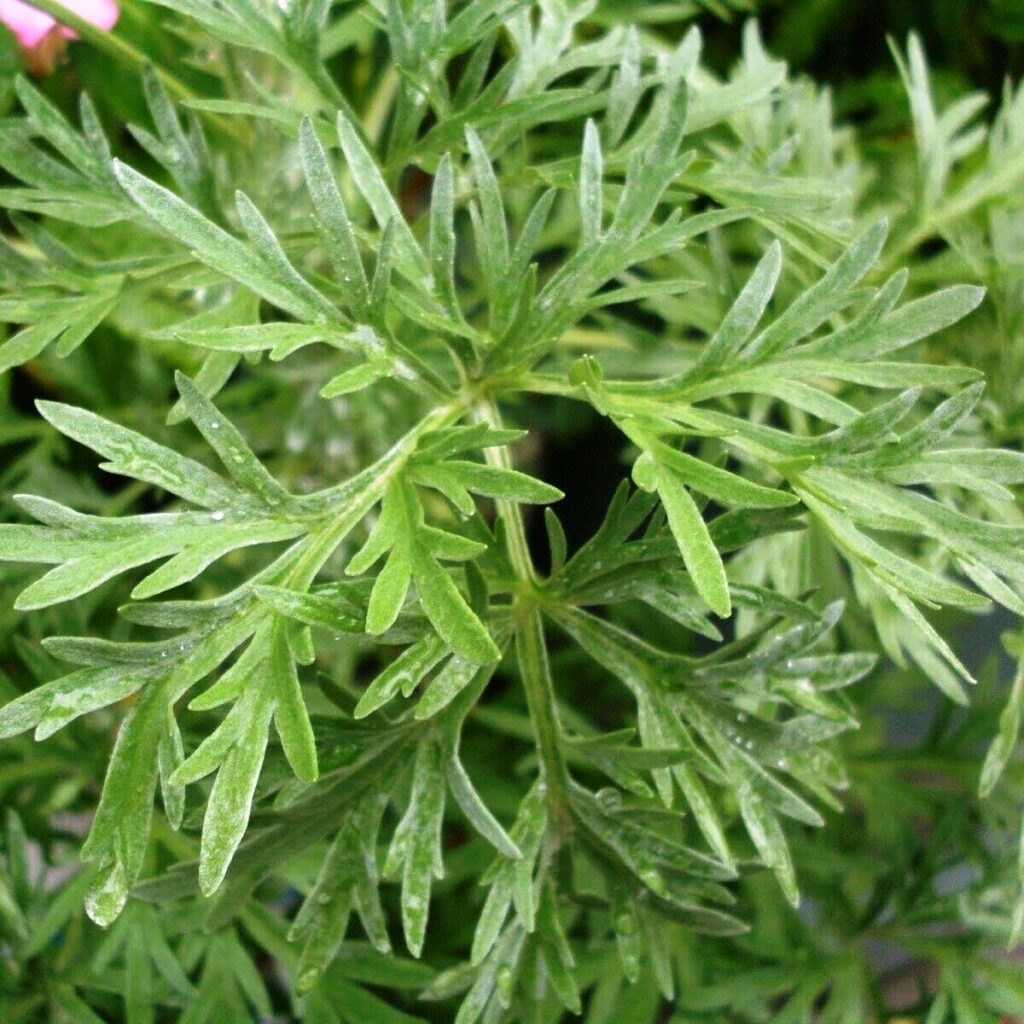
$4 PER 10 SEEDS-ADD $4 TO ORDER TO COVER PACK/POST CHARGES
Any questions or if buying, contact me HERE


